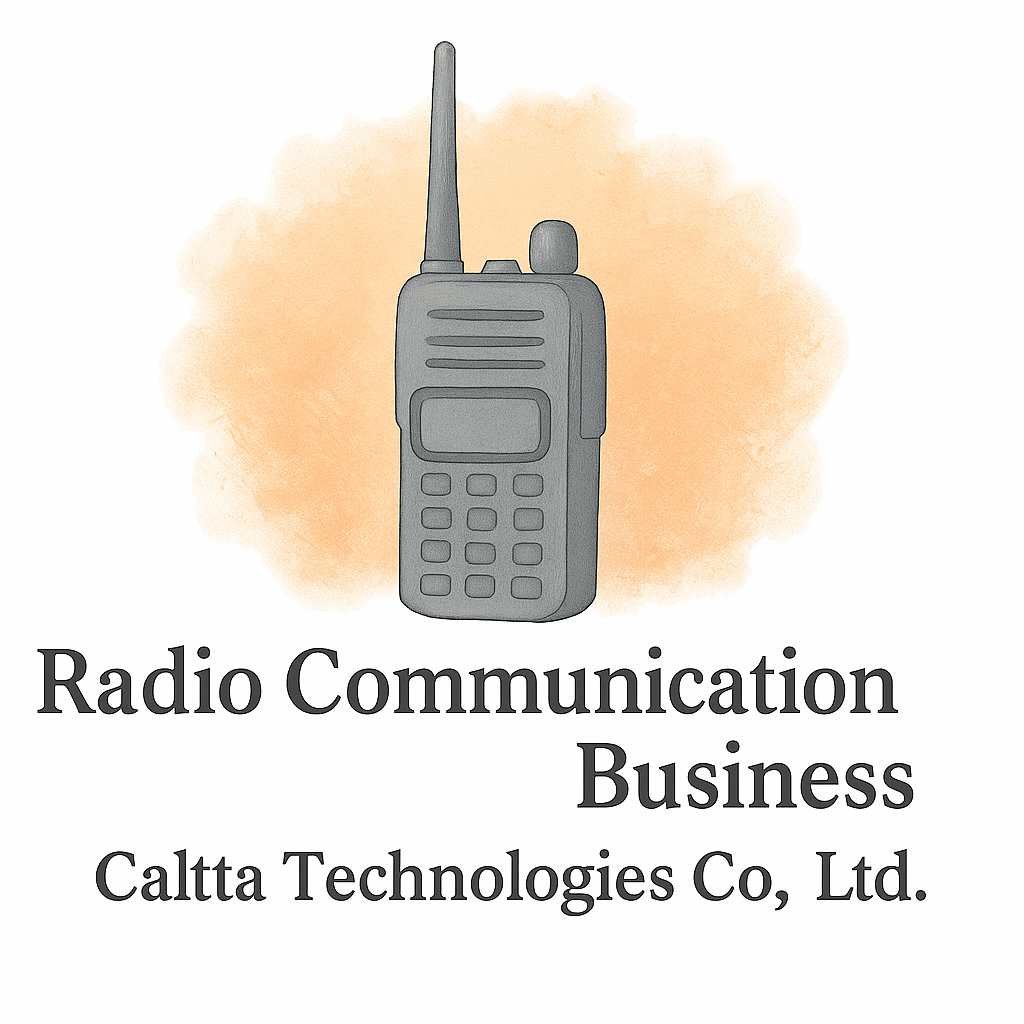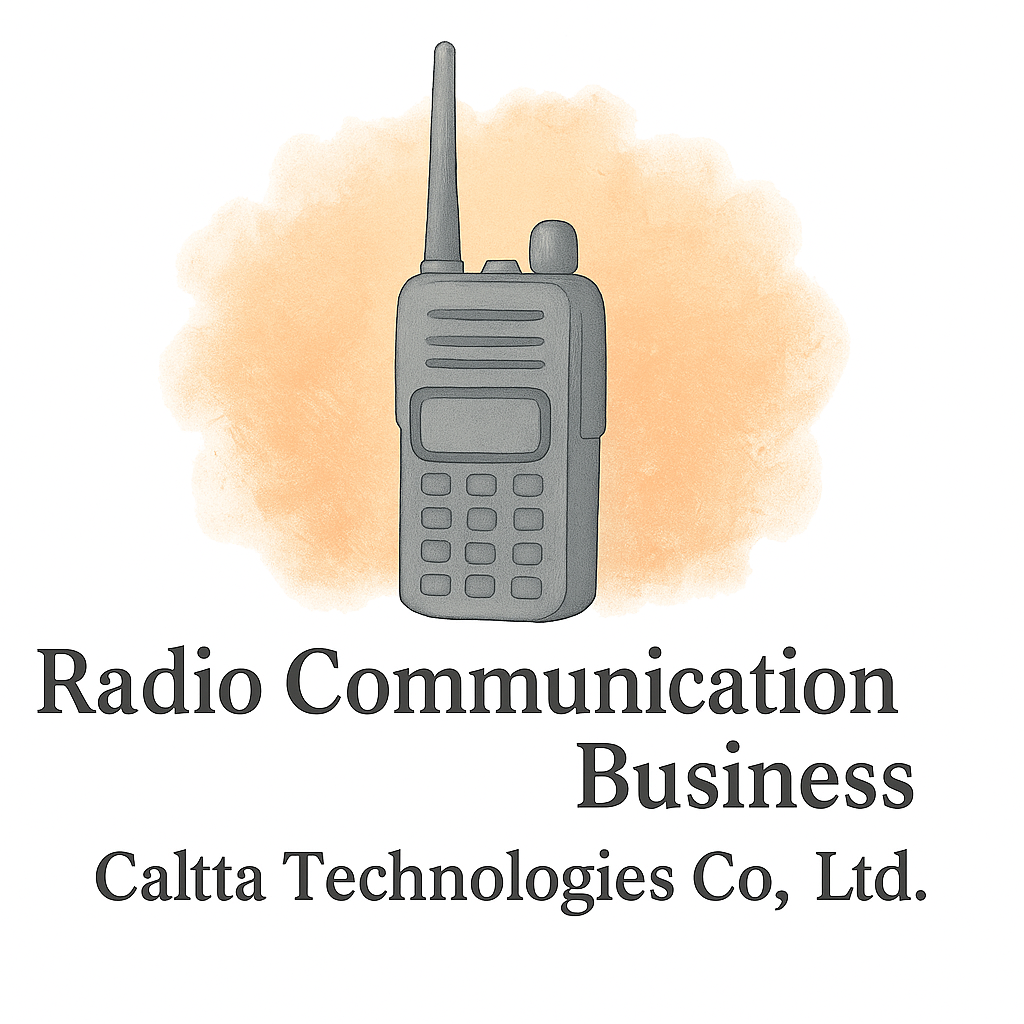Introduction: Why Confidence Matters in Radio Communication
Ever picked up a radio, pressed the talk button, and suddenly froze? You’re not alone. Radio communication, while powerful, can be intimidating—especially if you’re new to it. Confidence is the secret sauce that turns hesitant, unclear messages into smooth, professional communication. Without it, even the best technology and equipment won’t help you.
Whether you’re using radios in business, at events, or in industry-specific settings, confidence determines whether your message is understood or lost in static. In this guide, we’ll explore 8 proven ways to build confidence in radio communication, with practical steps you can start applying today.
Understanding the Basics of Radio Communication
The Role of Confidence in Clear Transmission
Think of radio communication like driving a car. You need to know the basics before hitting the road. Confidence ensures you won’t stall when it’s your turn to transmit. A clear, calm voice makes others trust your instructions, which is crucial in industries like aviation, logistics, or security.
Common Challenges Beginners Face
Many beginners struggle with:
- Fear of making mistakes
- Technical jargon
- Forgetting protocols and compliance rules
- Speaking too fast or too slow
These challenges are normal—but with the right strategies, you can overcome them.
Way 1: Learn the Fundamentals of Radio Communication
Getting Comfortable with Equipment
You can’t be confident with a tool you barely understand. Learn the basics of equipment and technology by practicing with radios before using them in real scenarios. Explore resources like Caltta International’s equipment technology section to stay updated.
Importance of Industry Insights
Industries evolve, and so do communication standards. Following industry insights helps you stay ahead and boosts confidence when talking to experienced professionals.
Way 2: Practice Regularly to Build Confidence
Daily Communication Drills
Confidence is built through repetition. Start with simple practice sessions:
- Record yourself speaking
- Use short, clear phrases
- Practice emergency or priority messages
Using Networking and Events for Real Practice
Attending conferences or industry events allows you to practice in real-life settings. Networking also exposes you to different communication styles, helping you refine your own.
Way 3: Understand Radio Communication Protocols
Avoiding Mistakes through Standard Procedures
Protocols exist for a reason. They keep communication organized and avoid chaos. Reviewing radio communication regulations from sources like Caltta International ensures you don’t make rookie mistakes.
The Impact of Compliance and Regulation
Understanding compliance and law in radio use protects you from costly mistakes and gives you the confidence to operate within rules.
Way 4: Improve Your Technical Knowledge
Understanding Equipment & Technology
From digital radios to advanced software, knowing your tools is half the battle. Resources on equipment and tech can help you master the technical side.
Tools and Hacks to Simplify Operations
Use practical hacks and modern tools to streamline your communication setup. The easier your setup, the more confident you’ll feel.

Way 5: Develop Clear Speaking and Listening Skills
Tone, Pace, and Clarity
Confidence isn’t just about pressing the button—it’s about how you sound. Speak slowly, clearly, and with purpose. Avoid filler words like “uh” or “you know.”
Active Listening and Responding Effectively
Communication is a two-way street. Train yourself to listen actively so you can respond with precision. This makes your transmissions more professional and builds trust.
Way 6: Role-Play and Scenario-Based Training
Preparing for Real-Life Situations
Role-playing is like a dress rehearsal. Simulate emergency calls, logistics coordination, or group communication to test your confidence.
Building Confidence under Pressure
Confidence grows when you push beyond your comfort zone. Scenario training prepares you to stay calm when things go wrong.
Way 7: Leverage Feedback and Coaching
Learning from Experienced Communicators
Seek advice from mentors or professionals who’ve mastered radio communication. Learning from their mistakes can save you years of trial and error.
Correcting Mistakes Early
Don’t fear feedback—it’s your fast track to improvement. The earlier you correct mistakes, the quicker you’ll gain confidence.
Way 8: Stay Calm and Build Mental Readiness
Stress Management Techniques
Breathing exercises, short pauses, and mental rehearsals can help calm your nerves before pressing the talk button.
Confidence through Consistency
Confidence isn’t built overnight. It comes from consistent practice and self-belief. Over time, you’ll notice the fear fade.
Additional Tips to Boost Radio Communication Confidence
Cost-Saving Tools and Practices
You don’t need expensive gear to improve. Explore cost-saving practices to make training affordable without sacrificing quality.
Using Social Media and Marketing Insights
Believe it or not, marketing and branding skills from Caltta International and social media strategies can improve your confidence. Why? Because they teach you how to communicate messages clearly to large audiences.
Conclusion: Building Long-Term Confidence in Radio Communication
Confidence in radio communication isn’t just about speaking louder—it’s about preparation, practice, and mindset. By learning the fundamentals, practicing regularly, mastering protocols, and improving technical and speaking skills, you’ll transform from hesitant to confident.
Remember: every expert was once a beginner. The difference lies in consistent effort and willingness to grow. Use these 8 ways to build confidence in radio communication, and soon, pressing that talk button will feel as natural as having a face-to-face conversation.
FAQs
How long does it take to build confidence in radio communication?
It varies, but with daily practice, most people notice improvement within a few weeks.
What are the biggest mistakes beginners make?
Common mistakes include speaking too fast, not following protocols, and overcomplicating messages.
How can I practice if I don’t have regular access to equipment?
Use apps, simulators, or practice with online radio communities to simulate real communication.
Is technical knowledge more important than speaking skills?
Both matter. Technical knowledge ensures you operate the equipment correctly, while speaking skills ensure your message is clear.
How do industry changes affect radio communication practices?
Changes in industry and regulation can impact protocols and technology, so staying updated is essential.
Can radio communication confidence help in business networking?
Absolutely. Clear, confident communication makes you stand out at networking events and professional interactions.
What tools can speed up my learning process?
Explore business startup basics, tools, and promotion strategies to support faster growth in confidence and skill.


